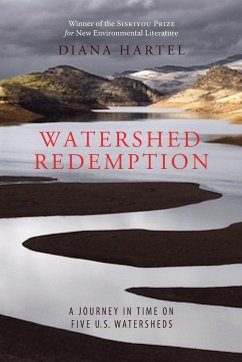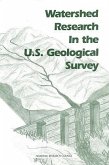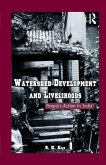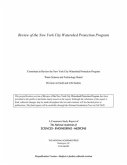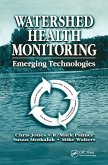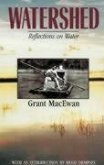Watershed Redemption, Diana Hartel's sweeping, richly researched account conjures up a Bierstadt landscape. With elegant, crystal-clear prose, she weaves a dire yet hopeful tapestry of ecological ignorance, genocide, and tenacious activism. There is something for everyone-environmentalist, policy-maker, ethnologist, historian, biologist, epidemiologist, artist-in this powerful piece of advocacy. -Jonathan Balcombe, best-selling nature writer and ethologist
Hinweis: Dieser Artikel kann nur an eine deutsche Lieferadresse ausgeliefert werden.
Hinweis: Dieser Artikel kann nur an eine deutsche Lieferadresse ausgeliefert werden.

